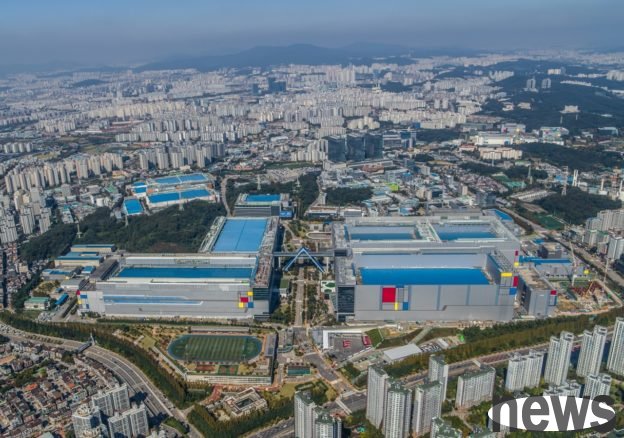According to Korean media reports, the second-generation 2-nanometer (SF2P) process of its crystalline foundry business is expected to start production in 2026. Recently, Tesla, a large electric vehicle manufacturer, and several Korean artificial in...

According to Korean media reports, the second-generation 2-nanometer (SF2P) process of its crystalline foundry business is expected to start production in 2026. Recently, Tesla, a large electric vehicle manufacturer, and several Korean artificial intelligence (AI) semiconductor IC design companies have determined that they will adopt SF2P processes, and Samsung will therefore start a comprehensive yield improvement work.
According to ZDNet KOREA's report, industry insiders pointed out that Samsung's crystalline foundry department is actively competing with customer orders for SF2P processes in the global market. SF2P is Samsung's next-generation process technology for 2nm processes, and is planned to enter the mass production stage in 2026. Compared with the first generation of 2nm (SF2) processes that were predicted in the second half of 2025, SF2P has improved performance by 12%, reduced power consumption by 25%, and reduced wafer surface by about 8%. At present, SF2P's chip design foundation, including the Design Kit (PDK), has been initially completed, and Samsung is also actively promoting its process OEM services to large domestic and foreign technology companies and IC design companies.
Recently, electric vehicle manufacturer Tesla and Samsung signed a semiconductor OEM contract worth up to 22 trillion Korean rounds (about 1.6 billion US dollars) last month. The focus of this cooperation is to produce high-performance system semiconductors called "AI6" for Tesla. The chip will be widely used in Tesla's next-generation fully automatic driving (FSD) systems, robotics technology, and data centers.
news pointed out that the AI6 chip has been confirmed to adopt Samsung Electronics' SF2P process. Samsung will produce first-time AI6 chips in the early stages of the project, and will then conduct large-scale mass production at the newly built crystal foundry factory in Taylor, Texas, USA. The production equipment installation machine of Taylor Crystal Factory will be started at the end of 2025 and is expected to enter the mass production stage from 2026.
In addition to Tesla, many Korean local IC design companies that focus on expanding AI semiconductors as their main business have also shown great interest in the SF2P production process. In the middle of this month, DeepX, Korea, announced that it will join hands with Samsung Crystal OEM and Design Solutions Partner (DSP) Gaonchips to jointly develop the next generation of generative AI semiconductor DX-M2.
report pointed out that DX-M2 will also be based on the SF2P process. According to the plan, DX-M2 is expected to complete MPW multi-circuit trial production in the first half of 2026 and is expected to enter large-scale mass production in 2027. In addition, the next generation of AI computing small chip platform developed by Samsung Electronics in cooperation with ADTechnology, Arm, and Rebellions will also adopt SF2P processes.
The report quoted the analysis of relevant people in the Korean semiconductor industry, pointing out that the success and failure of the SF2P process are related to Samsung Electronics' competitive strength in the field of advanced crystalline foundry. This process is not only a key technology for customers, but also closely related to Samsung's own Exynos series of mobile application processors. Although the yield of SF2P is not yet fully stable, through continuous R&D investment and optimization, Samsung is expected to achieve significant technological maturity and yield improvement in the second half of 2025.